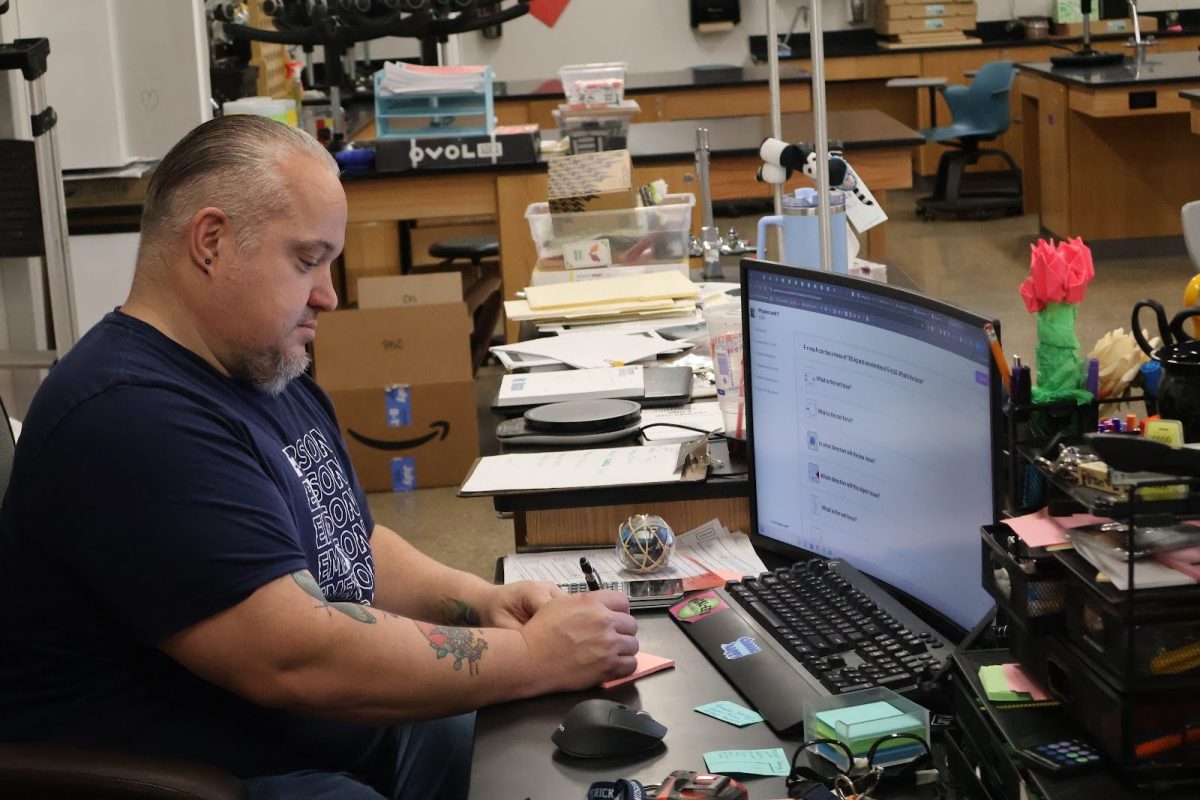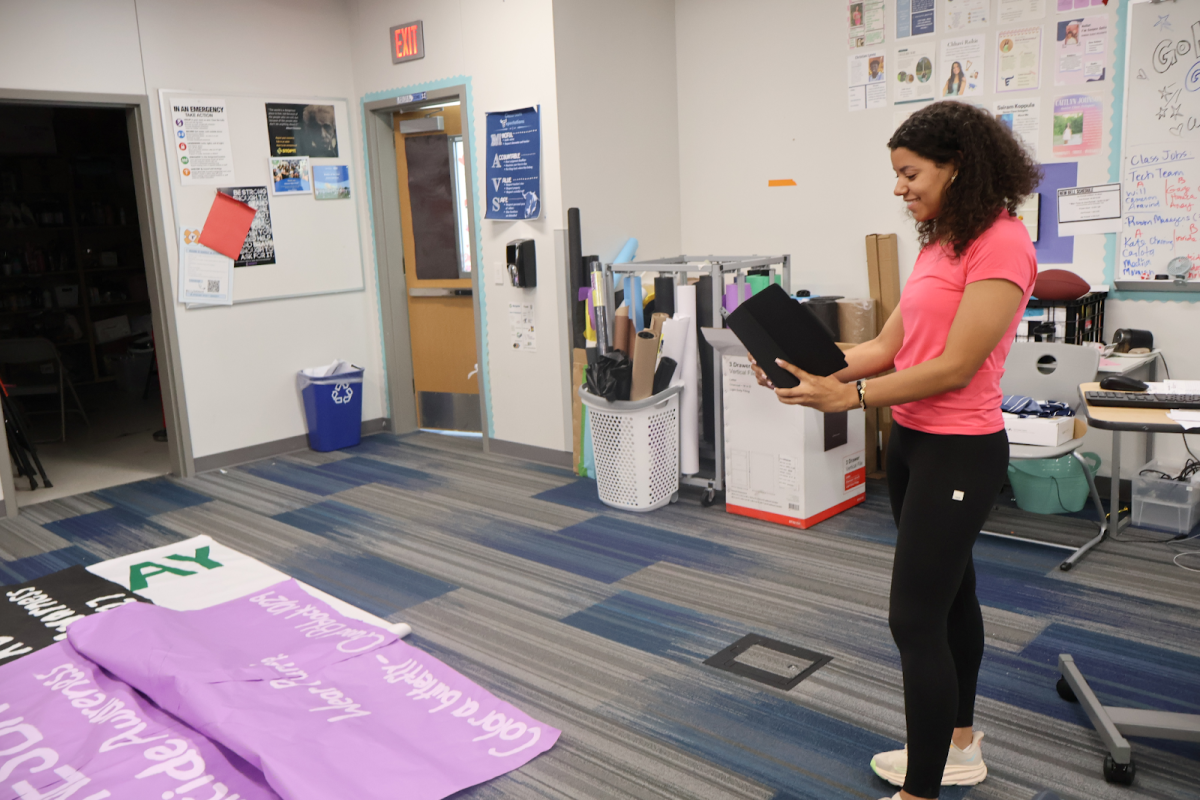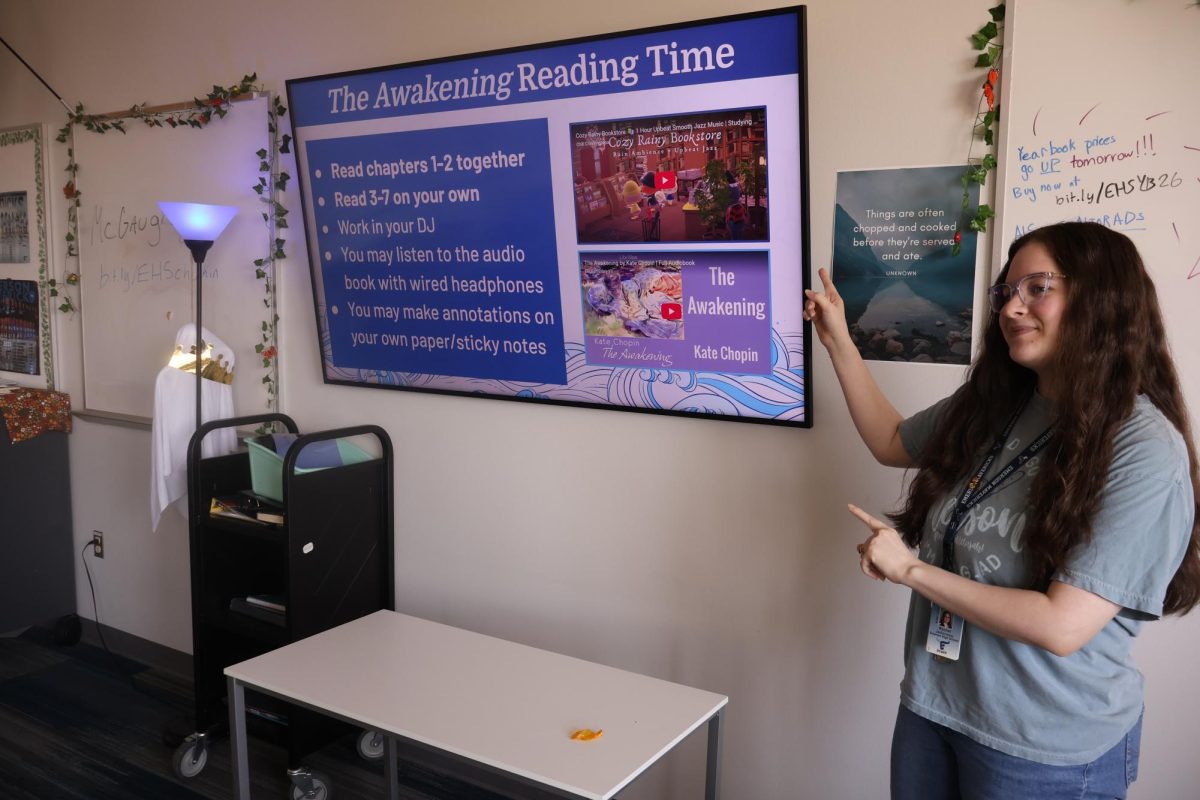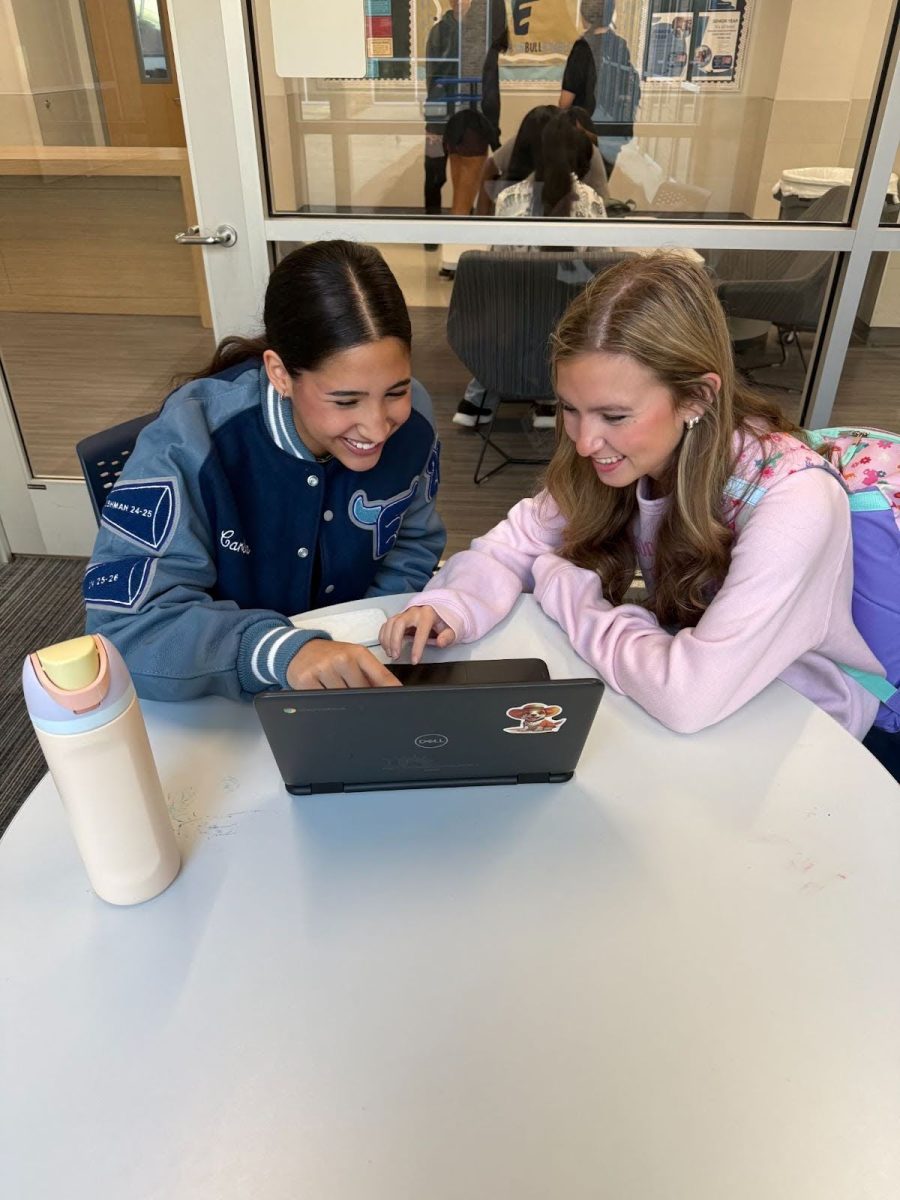Stephen Rotan, a new chemistry and physics teacher at Emerson, has been introduced to school life through the science classroom. He has made a difference for students by teaching beyond the required standards, showing students how to apply school related skills for personal growth.
Science and math are known to be intellectually stimulating. That said, science and math have always been Rotan’s strengths.
“I started college doing architecture and then I moved to computer science,” Rotan said. “I took about a six year break and then I went back to college and decided that the one class I loved in high school was chemistry, so I got a degree in chemistry.”
However, teaching was not a first option for Rotan, as other jobs like architecture piqued his interest. When he tutored other students, it slowly brought him into a teaching lifestyle, with him learning his strengths towards teaching others.
“Teaching was probably my five millionth option…In high school I said I would never be a teacher and I just kind of fell into it. I started tutoring kids and enjoyed it,” Rotan said.
After a long day of teaching, Rotan enjoys watching sports with friends as a way of winding down.
“I like going to like the football games and volleyball games. I like going to see that stuff,” Rotan said. “Outside of that, like, I like just hanging out with friends, you know, going to see a baseball game or a football game or something like that.”
Rotan hopes to teach the important role of consistency regarding students’ mentalities towards school. He emphasizes the role that students have in learning important life skills by focusing on the real task at hand when solving a scientific problem or when getting a word problem in math class.
“Chemistry and physics can seem chaotic [but if you’re] consistent and keep re-emphasizing and … bringing it back up [you can] relate it to them,” Rotan said.
Problem solving is learned throughout years of studying, with teachers helping students develop tactics to learn those techniques. Science and math involve lots of solving, especially in high school, but Rotan believes that answering a question is only half of what those topics aim to teach students.
“When you get into science and math, yes, there’s a question in front of you, but the problem isn’t necessarily that problem, right? It’s more of a, how do you handle it and how do you work your way out of that question,” Rotan said.
Science and math can be hard, like overcoming challenging life events. However, Rotan has made a big difference in the science and math community, aiming to teach the importance of challenging subjects.









